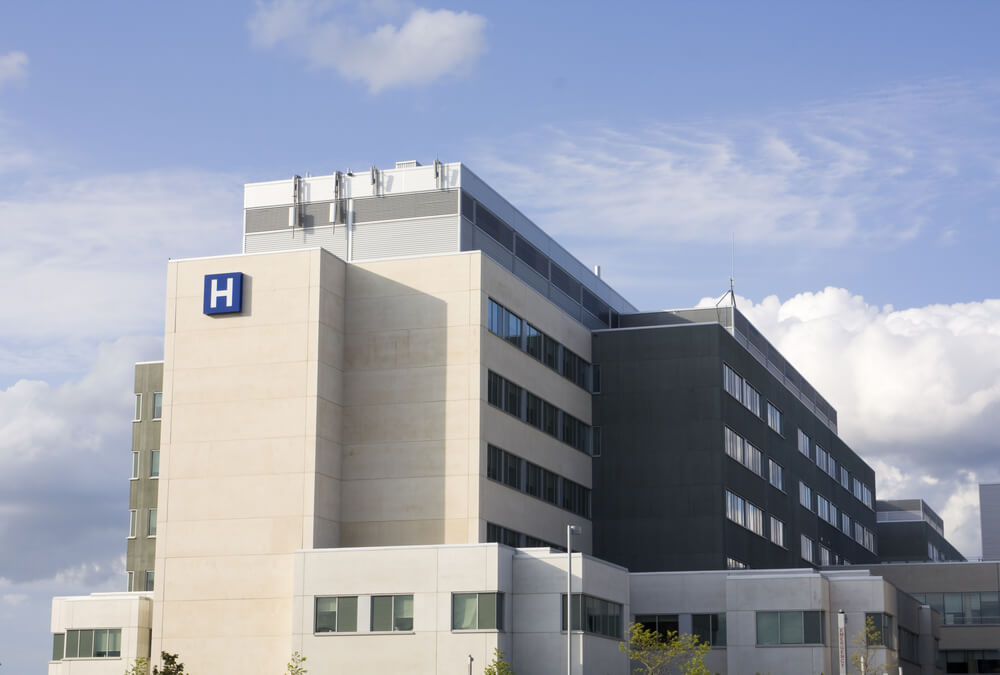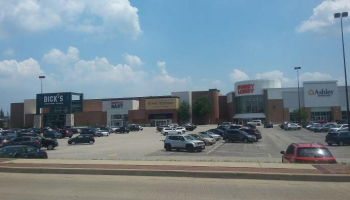
In great news for expecting mothers on Chicago’s South Side, Advocate Trinity Hospital announced that they will resume delivering babies. The hospital reopened baby delivery in its obstetrics and gynecology department on August 17th following 5 months without a newborn.
Whilst understandable, the news to cease delivering babies was not a popular one in this area of Chicago, limiting choices for expecting parents during the Covid-19 outbreak. Centers like Advocate Trinity Hospital expected the worst when Covid-19 hit, and restructured to be prepared. The infant specialists from the hospital were redistributed to other nearby hospitals and its newborn ICU was utilized for incoming Covid-19 patients.
Birthing Desert
There has been an outcry of support for the reopening of the labor ward following its closure on March 31. Further pressure mounted as nearby Mercy hospital announced that they would be closed until May of 2021, after it was denied funding by local and federal authorities.
Chicago’s South Side was becoming a ‘birthing desert’ before Covid-19 came along, that is the view of Jessica Davenport-Williams, who fronts up the Black Girls Break Bread non-profit organization. Jessica cited the importance of Advocate Trinity hospital opening the labor ward back up, in the wake of Mercy hospital’s closure.
“It’s good news that Trinity is planning to reopen its labor and delivery unit. However, (with) Mercy, that’s an entire hospital that’s closing… It’s still a desert.”
Temporary Measures
During this temporary closure, Advocate Trinity hospital was forced to refer patients to other nearby hospitals. Advocate Christ Medical Center and Advocate South Suburban Hospital however are both 30 minutes from the hospital by car.
Despite the reopening of Advocate Trinity hospital, Roseland Community Hospital and the University of Chicago Medical Center will make up the only other options for women on Chicago’s South Side. Joy West, OB-GYN at Roseland, spoke to the Chicago Tribune about the fallout from Mercy’s closure.
“Right now, COVID is really just pulling the veil back on the disparities in health care, especially maternal care. COVID came at a time when we were already struggling with high maternal mortality and closures of labor and delivery units, and this is kind of putting the last nail in the coffin.”
At Risk
Owing to the shortage of options, many seek prenatal care in community health centers. Most of those expecting mothers take their first trip to hospital when it is time to deliver. One State Senator spoke about having heard from both doctors and residents who have found the closures difficult:
“They were born there, their children were born there, their grandchildren born there…So it is clearly a major vehicle in our community.”
Whilst the labor ward may be back open however, that doesn’t solve the problems around at-risk women. Black moms in Illinois, for example, are 6 times more likely to die from pregnancy related conditions.
We are also seeing many mothers who are dying from preventable illness in the first year of their child’s lives. This pandemic highlights worrying statistics here too: among pregnant women infected with Covid-19 in the state, 70% of them are black or Latina.
The news of the reopening of the Advocate Trinity hospital will serve to reduce anxiety for expecting mothers, but it is clear there are still issues unresolved. Trinity delivers 1,200 babies per year, and the reopening of that labor ward is essential for those on the South Side.
Positive
The issues around the funding for Mercy hospital, or indeed its sale, will continue until long after the pandemic is over.
This is however a positive sign for the city residents, particularly those living on the South Side of Chicago. This is not only a positive sign for expecting mothers but also for local residents in the wake of the pandemic. Hospitals weren’t overrun as anticipated and this is why Advocate Trinity hospital are able to reopen those 35 labor beds.
With all of this being said however, this pandemic has laid bare the severe lack of options for residents in need of obstetric or gynecological care. Mercy alone had over 3,000 admissions in 2019 and there is no infrastructure in place to redistribute such a number of patients when it shuts down due to lack of funding.
You may also want to read Doctor MacKoul’s suspension tips for hospitals article here.









